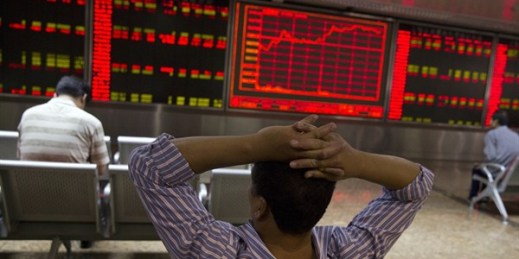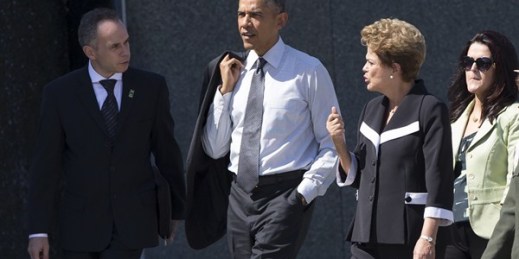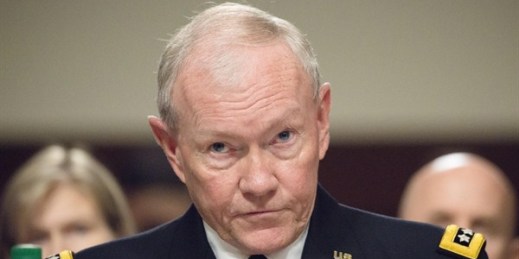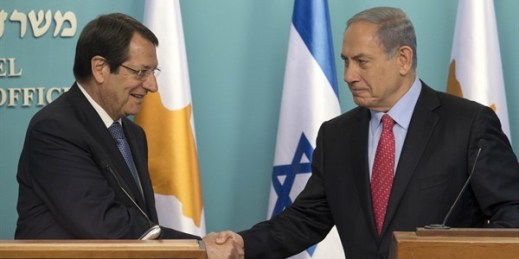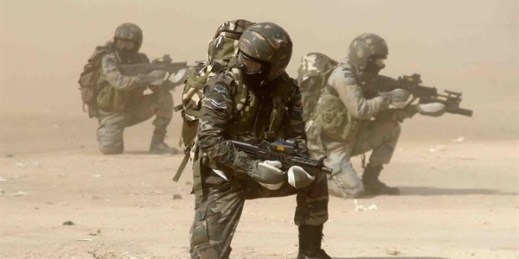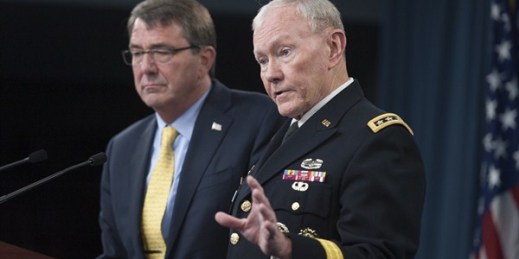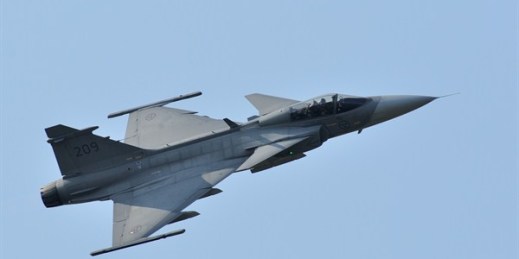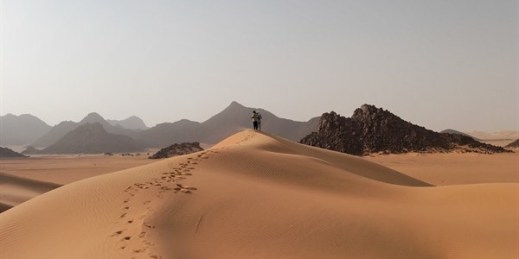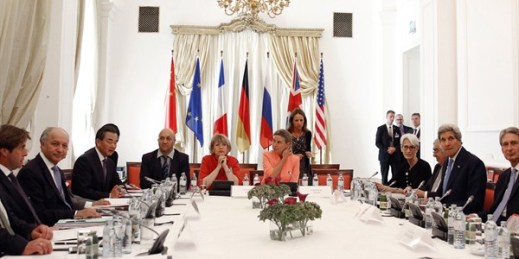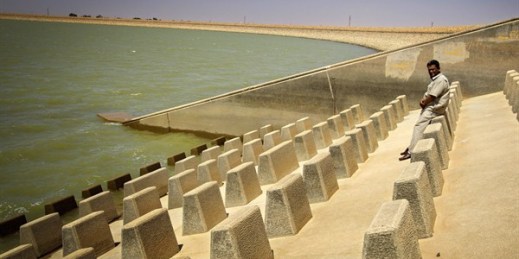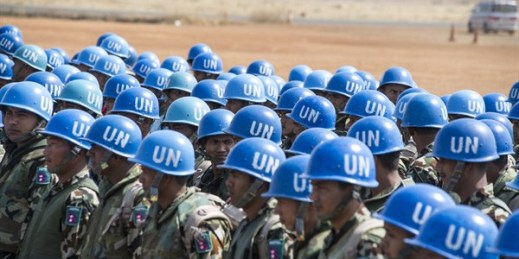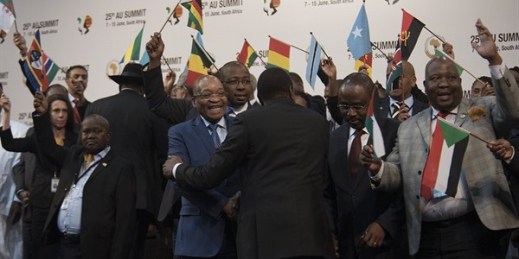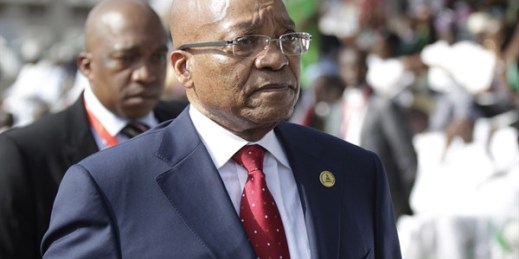
The relationship between South Africa and Nigeria, generally troubled since the end of apartheid in 1994, deteriorated markedly in recent years during the respective presidencies of Jacob Zuma and Goodluck Jonathan. This crisis in relations is not in the interests of either country or the wider continent, which needs its two hegemons to work in collaboration to address Africa’s myriad problems. Both sides seem locked into antagonistic postures from which there appears to be no easy exit. But there is a way out. Ties already in a freefall under Zuma and Jonathan reached their nadir in May, when Nigeria temporarily […]


